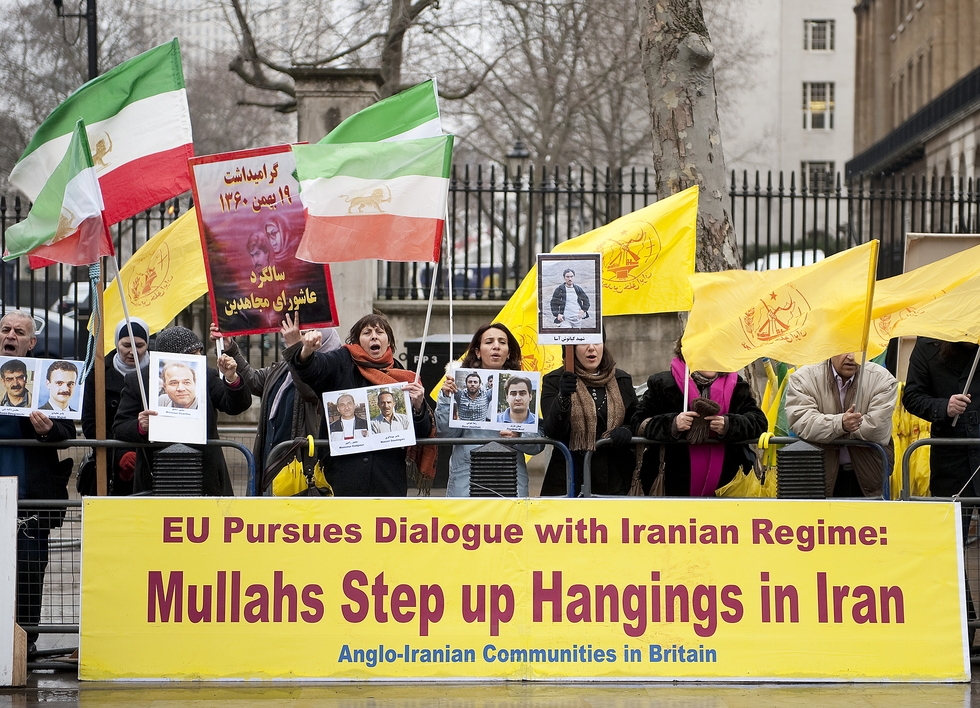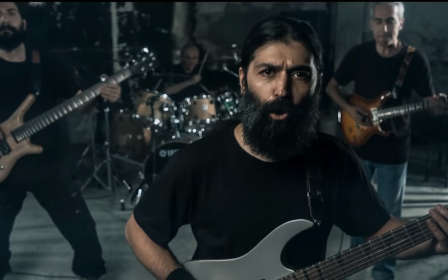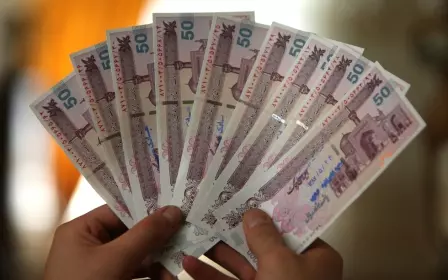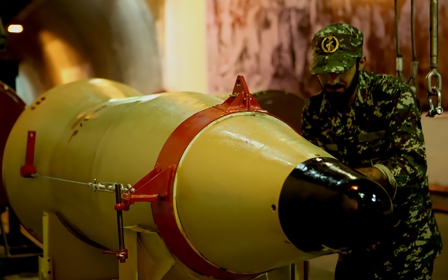Iran executed nearly 1,000 people last year: UN expert

Nearly 1,000 people including juvenile offenders were executed in Iran last year, marking the highest number in 20 years, according to the UN's top expert on the human rights in the country.
"At least 966 persons - the highest rate in over two decades - were executed in 2015," Ahmed Shaheed told the UN Human Rights Council in Geneva on Monday.
In 2014, 753 people were executed.
Shaheed added that "at least 73 juvenile offenders were reportedly executed between 2005 and 2015," 16 of them in the past two years alone.
"At least 160 others are awaiting the same fate on death row," he told the UN's top rights body.
In a report published in January, rights watchdog Amnesty International slammed Iran as the world's most prolific executioner of offenders convicted of committing crimes as juveniles.
The UN special rapporteur on Iran also voiced concern that in January this year, at least 47 journalists and social media activists reportedly remained detained in the country, after more than 270 Internet cafe businesses were reportedly closed in 2015 for their alleged "threat to societal norms and values".
In February, Iran’s Mehr News Agency reported that the entire male population of a village in the Sistan and Baluchestan region were executed for their alleged involvement in illegal drug trafficking.
Shahindokht Molaverdi, the vice president for women and family affairs, told Mehr that the children of those executed may also be sentenced to death as they “want to avenge the deaths of their fathers”.
Amnesty also accused Iran of breaking international law by failing to close a penal loophole allowing a judge to decide that girls as young as nine and boys as young as 15 bear full criminal responsibility - potentially exposing them to capital punishment.
On Monday, Shaheed also addressed that issue, urging the Iranian government "to raise the age of criminal responsibility to 18 years and without discriminating between boys and girls".
Tackling the high number of executions in Iran has been labelled as a key challenge for reformist president Hassan Rouhani to tackle.
After Rouhani’s moderate allies swept to victory in late February, the president has been urged to try and reduce the high rate of Iranian executions, after having successfully negotiated a deal to end international sanctions against Iran in exchange for Tehran tempering its nuclear programme.
New MEE newsletter: Jerusalem Dispatch
Sign up to get the latest insights and analysis on Israel-Palestine, alongside Turkey Unpacked and other MEE newsletters
Middle East Eye delivers independent and unrivalled coverage and analysis of the Middle East, North Africa and beyond. To learn more about republishing this content and the associated fees, please fill out this form. More about MEE can be found here.




